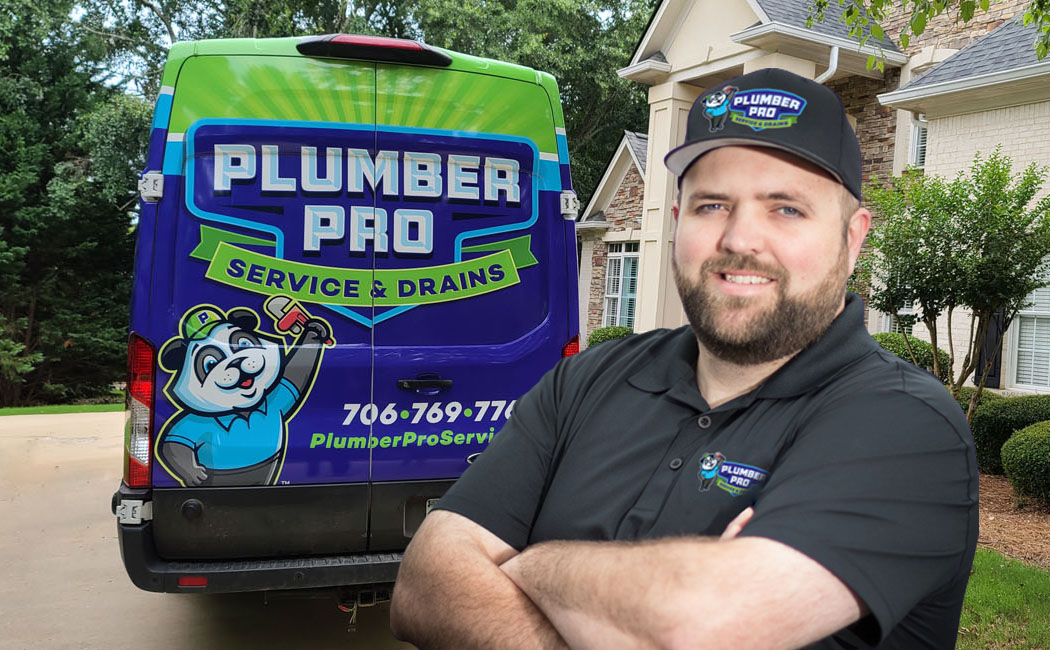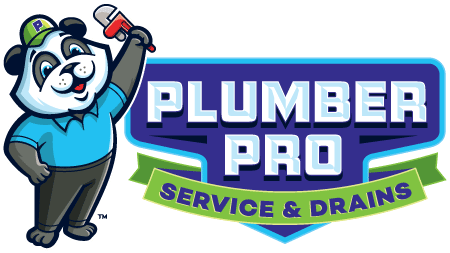
The Importance of Leak Detection Tests: Two Common Methods Explained

Introduction
Leaking pipes can cause significant damage to your home and lead to costly repairs if not addressed promptly. That's why leak detection tests are crucial in identifying any potential leaks before they become a major problem. In this article, we will explore the importance of leak detection tests and discuss two common methods used by professionals. Whether you're in Lawrenceville, GA or anywhere else, understanding these methods can help you prevent plumbing emergencies and save money in the long run.
The Importance of Leak Detection Tests: Two Common Methods Explained
Importance of Leak Detection Tests
Leak detection tests play a vital role in maintaining the integrity of your plumbing system. Here's why they are so important:
Preventing Water Damage: Undetected leaks can lead to water damage that affects the structure and foundation of your home. By conducting regular leak detection tests, you can identify and address any leaks before they cause significant harm.
Saving Money: Fixing a small leak is much more cost-effective than dealing with extensive repairs caused by a major leak. By detecting leaks early on, you can minimize repair costs and potentially avoid the need for extensive renovations.
Conserving Water: Leaks waste a substantial amount of water over time. By promptly detecting and fixing leaks, you can contribute to water conservation efforts and reduce your water bills.
Preventing Mold Growth: Moisture from leaking pipes creates an ideal environment for mold growth. Mold not only damages your property but also poses health risks to you and your family members.
Common Methods of Leak Detection
Now let's explore two commonly used methods for leak detection:
1. Visual Inspection
Visual inspection involves looking for visible signs of leaks using your eyes or specialized tools such as moisture meters:
- Look for water stains on walls, ceilings, or floors.
- Check for dampness or mold growth in areas with plumbing fixtures.
- Examine pipes for signs of corrosion or rust.
- Use a moisture meter to detect hidden moisture in walls or floors.
Visual inspection is a relatively simple and cost-effective method, but it may not be sufficient to detect all types of leaks, especially those hidden within walls or underground.

2. Pressure Testing
Pressure testing involves pressurizing the plumbing system to identify any leaks:
Air Pressure Testing: In this method, the plumbing system is sealed, and compressed air is introduced to increase the pressure. Any drop in pressure indicates a leak.
Water Pressure Testing: Water pressure testing involves filling the plumbing system with water and monitoring the pressure. A drop in pressure suggests a leak.
Pressure testing is highly effective in detecting both visible and hidden leaks. However, it requires specialized equipment and expertise to ensure accurate results.
FAQs about Leak Detection Tests
- Dripping sounds
- Unexplained increase in water bills
- Water stains on walls or ceilings
How often should I conduct leak detection tests? It is recommended to perform leak detection tests at least once a year as part of routine maintenance.
Can I conduct leak detection tests myself? While visual inspection can be done by homeowners, pressure testing should be left to professionals due to its complexity.
How much does leak detection testing cost? The cost of leak detection tests can vary depending on factors such as the size of your property and the method used. It is best to contact a professional plumber for an accurate quote.
Are there any DIY methods for detecting leaks? Some DIY methods include using dye tablets in toilets to check for leaks and monitoring water meter readings for unexplained increases when no water is being used.
What should I do if I suspect a leak? If you suspect a leak, it is essential to contact a professional plumber immediately to conduct a thorough inspection and address the issue promptly.
Conclusion
Leak detection tests are an essential part of maintaining the integrity of your plumbing system and preventing costly damage to your home. By understanding the importance of these tests and the common methods used, you can take proactive steps to protect your property and save money in the long run. Remember, regular maintenance and timely repairs can go a long way in ensuring a leak-free home. So, don't wait until it's too late – schedule a leak detection test today and enjoy peace of mind knowing your plumbing system is in good condition.